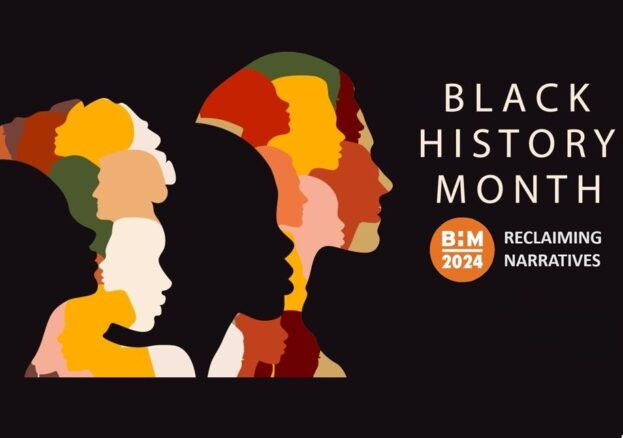The importance of handing over storytelling to the Black community
- Elma Glasgow
- Oct 1, 2024
- 2 min read
Updated: Oct 9, 2024

The days of appropriation in the cultural sector are over. And if you know someone who still hasn't got the memo, I'd have a serious word. Especially as this Black History Month is all about Reclaiming Narratives.
Black cultural narratives, woven through generations, carry the heavy weight of history, spirituality and emotion. Our culture is diverse, complex and vibrant, and we have countless years' worth of tales to tell. They're waiting to be unearthed, but we need to talk about who's in charge of this process.
Cultural stories are best told by those who live them. I celebrate that more and more funders and investors across sectors are expecting organisations to hand over the research, gathering, production and sharing of stories (in any format) to marginalised communities.
Although, personally, I have no issue with allies being involved, as long as they're consistently true. The false allies are typically rumbled eventually!
It's a new and necessary way of working in the UK. Some people struggle to hand over the power. But it's important that they embrace this shift, hand over the mic and step back from the spotlight.

Why is telling our own stories so crucial?
Stories are more than just entertainment; they're vessels of identity, carriers of tradition, and catalysts for change. When people of African heritage tell the stories, several powerful things happen:
1. Authenticity prevails: we understand and capture nuances, we know where the untold narratives lie - we fuse this with the richness of our own lived experiences.
2. Stereotypes smashed: self-narration dismantles harmful stereotypes, because it reveals diverse, complex characters and situations within the community.
3. Cultural preservation: traditions, customs and historical perspectives are accurately passed down.
4. Empowerment: telling our own story fosters pride and strengthens bonds within the community and with other communities.
5. New perspectives emerge: untold stories enrich everyone's understanding, helping to challenge biases and promote social cohesion.

The shift towards the self-narration in Black cultural storytelling needs to be fully embraced by everyone.
In doing so, we all play a part in weaving a more truthful tapestry of human experience.
Why wouldn't we want to give the world stories with so much positive power?
More about Black history Month: www.blackhistorymonth.org.uk.
Do you have a cultural, research or engagement project that needs to be more inclusive? hello@elmaglasgowconsulting.com.




Comments